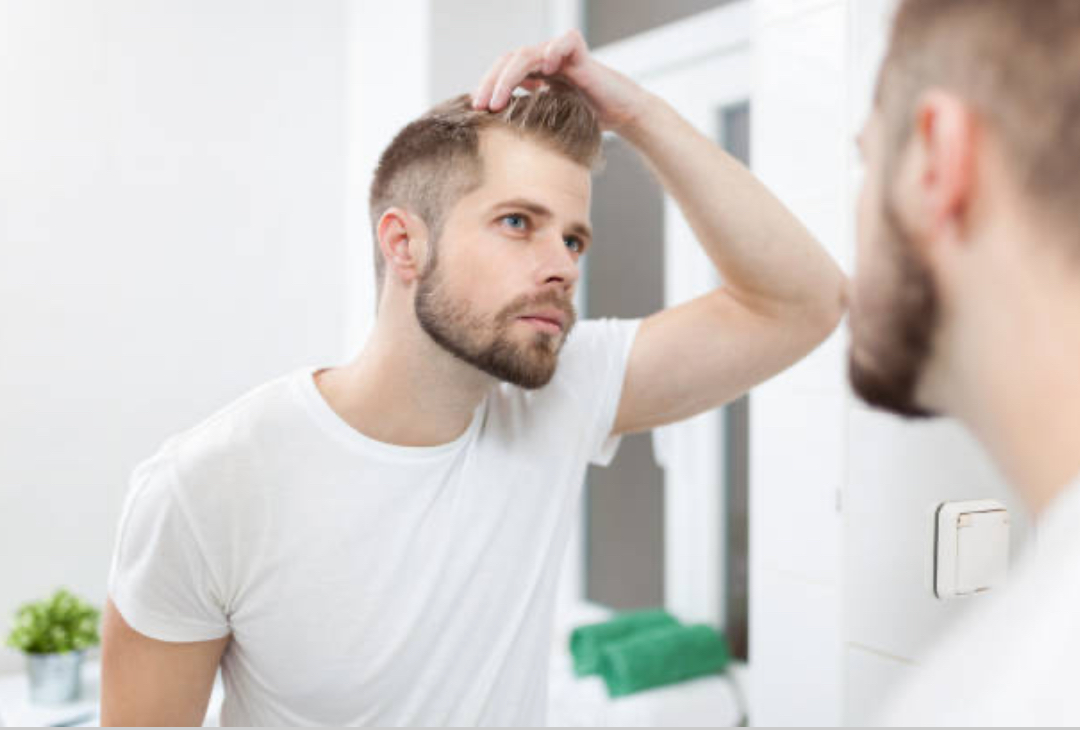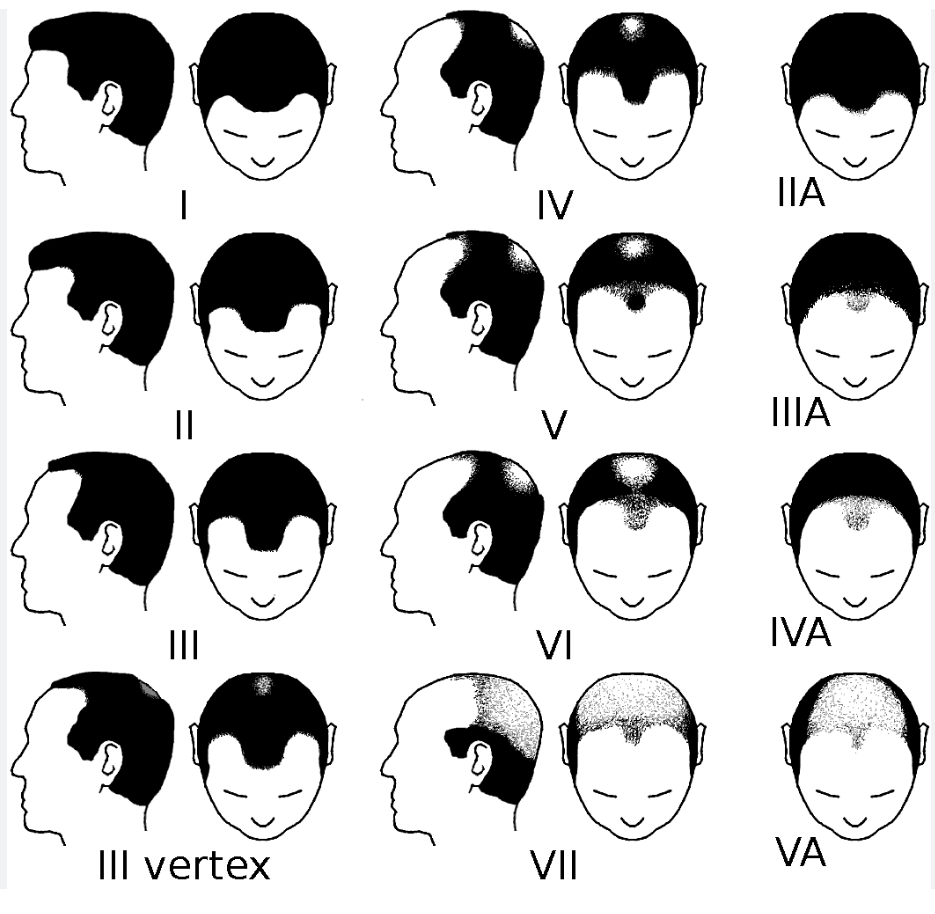Hair is more than just a feature, it can feel part of our identity. But what happens if our hair starts thinning? It’s something many face, so let’s take a look at how our hair styles could be affecting our hair and scalp health.
Understanding Hair Loss
It’s a natural part of life for many, influenced by genetics, health, lifestyle choices and many other factors. Recognising the signs early can lead to effective management and treatment options. Keep an eye out for unusual shedding, thinning patches, or a receding hairline.
Hairstyles: Do’s and Don’ts
Choosing the right hairstyle can either protect your hair or put it at risk. Here’s a rundown of the do’s and don’ts:
Do’s:
· Embrace Loose Styles: Think soft waves or a casual up-do. These styles reduce tension on your hair follicles, helping to prevent breakage and hair loss. The hair thinning typically seen if you have tight hairstyles, tends to be around the hair line.
· Hydration: Before washing your hair, consider applying a lightweight oil to the mids and ends of your hair to help protect your strands!
Don’ts:
· Tight Hairstyles: Tight ponytails, buns, and braids can lead to traction alopecia, a type of hair loss caused by pulling on the hair. The hair thinning is typically seen around the front of the hair line. Due to the tension from the hair style, it can cause breakage and even damage the hair follicles over time.
· Harsh Treatments: Regular use of heat styling tools, bleach, and harsh chemicals can weaken your hair, leading to breakage and loss.
Maintaining healthy hair goes beyond the surface. Here are a few tips to help nurture your hair from the inside out:
· Eat a Balanced Diet: Nutrients like iron, vitamin D, and omega-3 fatty acids can support hair health.
· Stay Hydrated: Drinking enough water is key to staying hydrated.
· Manage Stress: High stress levels can lead to hair loss. Find stress management techniques that work for you.
· In-clinic treatments: There are a range of treatments available to help support the health of your scalp and hair. It is best to have a consultation prior to treatment to ensure you understand the treatment options available, the benefits of the treatment and how they will help support your hair growth.
Seeking Professional Advice
If you’re experiencing hair loss, it may be best to speak to a professional, such as a trichologist. When consulting with a specialist in hair and scalp health, they may be able to offer tailored advice and treatment options.




